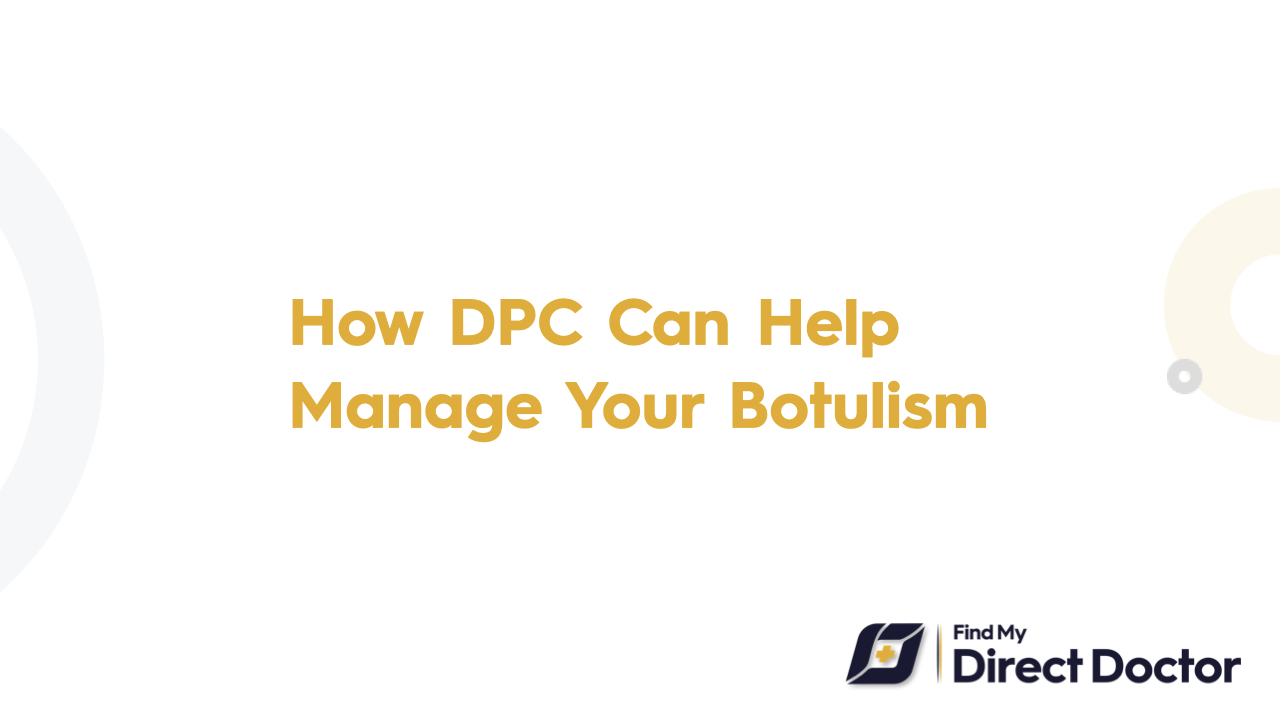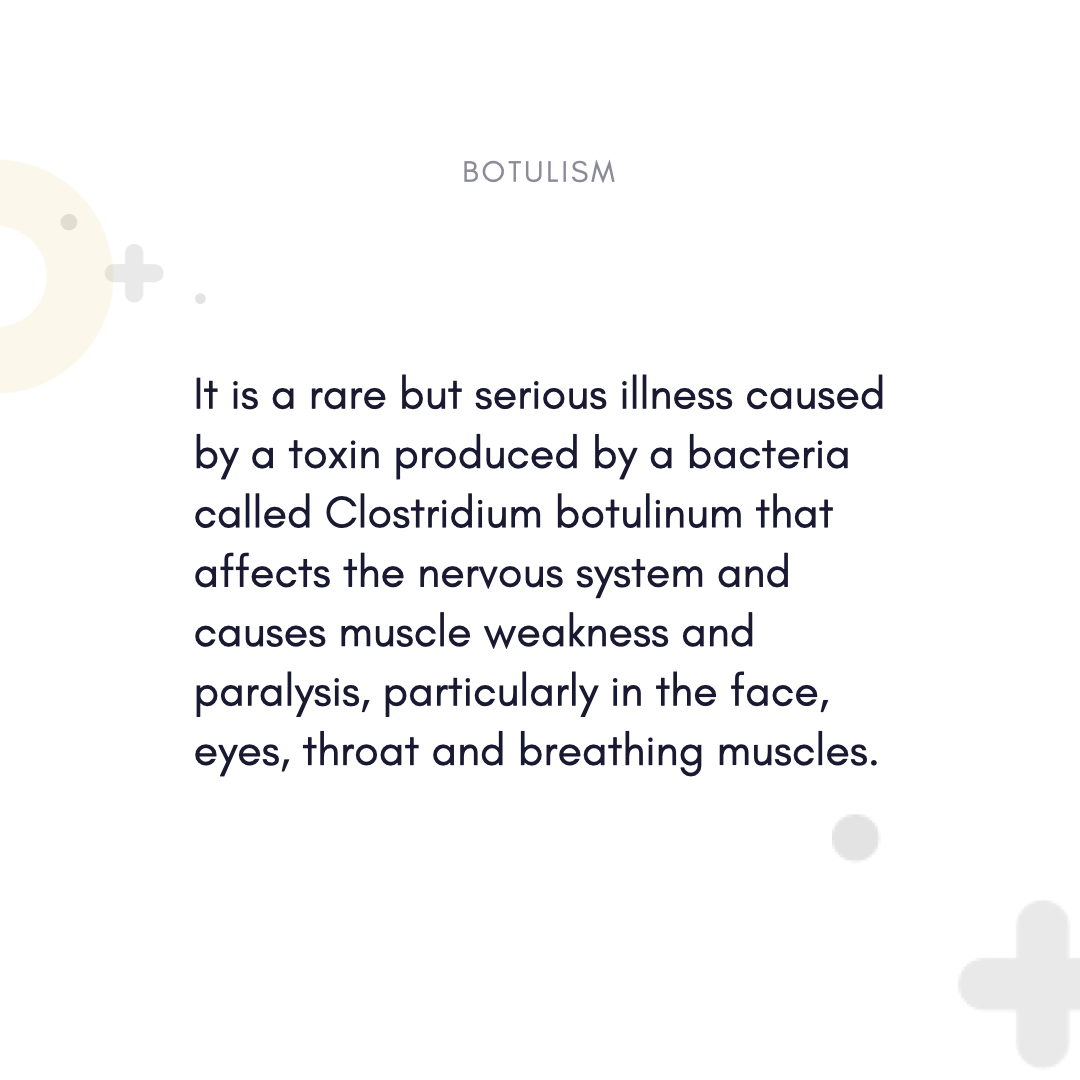Direct Primary Care (DPC) for Botulism: Rapid, Coordinated Care for a Critical Emergency
Rare but life-threatening neuromuscular disease is caused by Clostridium botulinum neurotoxin; botulism results in symmetric descending paralysis and respiratory failure without rapid treatment. While acute management calls for hospitalization, Direct Primary Care (DPC) is absolutely necessary for early recognition, emergency coordination, and post-recovery support—ensuring perfect, patient-centered treatment both during and after this critical illness.

Emergency Reaction and Rapid Identification
- First thanks:
- Patients experiencing dyspnea, drooping eyelids, sudden muscular weakness, or slurred speech receive same-day evaluations to distinguish botulism from stroke or Guillain-Barré syndrome.
- Background Resources: Former Exposure Important for diagnosis are home-canned goods, wound infections, or newborn honey contact.
- Control of Emergency Management:
- Plan brief trips to hospitals furnished with intensive care units (ICUs) and heptavalent botulinum antitoxin (HBAT).
- For foodborne diseases among other things, report suspected cases to health departments to track sources of contamination.
- Access Handbook for Antitoxin Policy Compliance: Make sure hospitals follow CDC recommendations for quick HBAT distribution, so raising survival rates.
DPC Personalised Botulism Management
- Recovery Following Acute Illness:
- Both physical and respiratory therapy can help tailored rehabilitation programs addressing prolonged muscular weakness and paralysis.
- Control long-term ventilation needs for patients with residual respiratory insufficiency by means of pulmonologist coordination.
- Approaches of Preventive Measures:
- Teach young infants under twelve months in safe home-canning techniques and avoidance of honey.
- Wound Healing Guide: Teach groups at high risk—such as IV drug users—corrective hygiene to avoid wound botulism.
- Track restoration of swallowing, motor functioning, and cranial nerve deficits in long-term follow-up neurological monitoring.
- Advocacy for Mental Health: Treat anxiety or PTSD brought on by either near-fatal disease or protracted ICU stays.
Why is DPC Particularly Good in Managing Botulism?
- Instant of rapid response saves life:
- Clinical suspicion and same-day access help to minimize delays in diagnosis and antitoxin delivery—critical within 24 hours of symptom start.
- Constant Advocacy and Continuity of Action:
- Handle rehab, specialized referrals, equipment needs—including ventilators—through a reputable provider post-hospital.
- Directions for Cost: Help with long-term therapy coverage as well as occasionally heavy HBAT costs.
- Preventive Effort:
- Make preventative plans for high-risk groups (home canners, parents of newborns).
- CDC guidelines call for recommending botulism vaccinations to military or lab workers.
The DPC Advantage for Patient Early Botulism Detection
- Close relationships between patients and providers let fast symptom identification and testing possible.
- Simplified Antitoxin Access: Quick coordination to guarantee HBAT with public health departments.
- The extensive follow-up consists in recovery criteria and regular monitoring for complications (including aspiration pneumonia).
Conclusion
The degree of botulism calls both continuity and urgency. Hospitals provide acute care; DPC is absolutely vital in early diagnosis, emergency coordination, and post-recovery support. DPC provides survivors customized rehab recommendations, mental health tools, and preventative education to close the crisis-healing gap.






